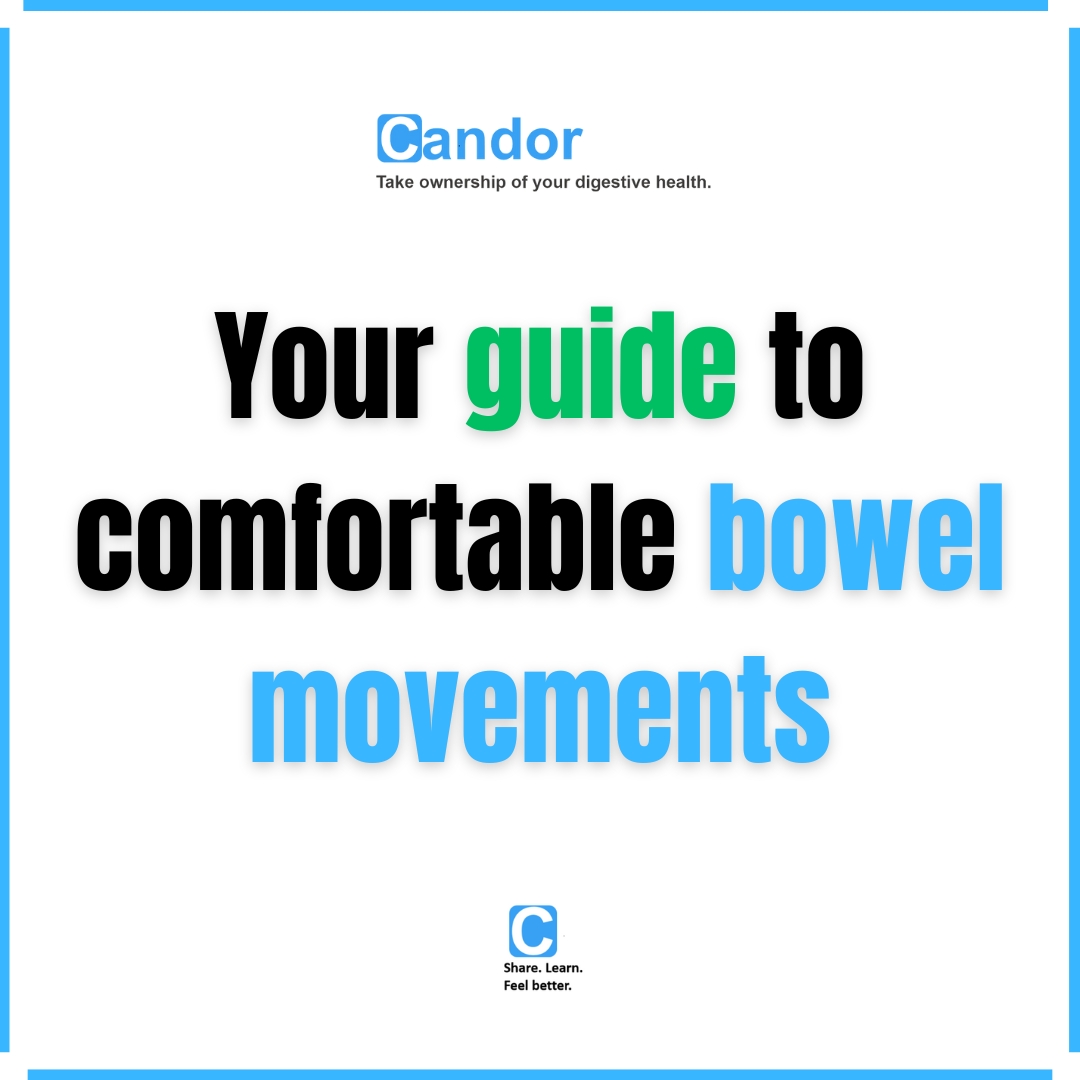
Small Intestinal Bacterial Overgrowth (SIBO) is a condition where bacteria, typically residing in the colon, decide to set up camp in the small intestine. This shift can be triggered by various factors, including medications, surgeries, and nerve damage. Understanding the SIBO diet can make a significant impact in some people dealing with the condition.
Consequences of Overlooking SIBO: Neglecting the presence of SIBO can lead to a host of uncomfortable symptoms, such as pain, persistent diarrhea, and malnutrition resulting from the body’s inability to absorb essential nutrients properly. In some rare instances, individuals may even experience a neurological condition called D-lactic acidosis.
Primary Treatment Approaches: Antibiotics and Elemental Diet: The primary line of defense against SIBO involves the use of antibiotics to eliminate the excess bacteria causing trouble. Additionally, healthcare professionals sometimes recommend an elemental diet—a short-term switch to a nutrient-rich liquid. This dietary adjustment is carefully monitored to ensure adequate nutrition intake.
Navigating the Dietary Landscape: While there isn’t a one-size-fits-all diet for SIBO, an elimination diet emerges as a practical tool. It’s akin to detective work, where individuals work closely with healthcare professionals to identify potential food triggers contributing to their symptoms.
Unpacking the Low-FODMAP Approach: Many individuals opt for a low-FODMAP diet, aiming to reduce the intake of foods that can contribute to bacterial fermentation in the gut. However, it’s important to note that while this approach is widely adopted, concrete evidence supporting its efficacy in treating SIBO remains somewhat elusive. Prolonged adherence to this diet may also pose challenges to the delicate balance of gut bacteria.
Diving into the Elimination Diet: The elimination diet, a structured approach involving the temporary exclusion of specific foods based on an individualized plan, is a valuable aspect of managing SIBO. Some opt to take a hiatus from fermentable carbohydrates (FODMAPs), steering clear of items like high-fructose corn syrup, garlic, and certain fruits.
Crafting a Balanced Diet with Expert Guidance: Constructing an effective elimination diet requires a collaborative effort with a registered dietitian. This partnership involves not only the exclusion of potential trigger foods but also the systematic reintroduction of foods to identify tolerance levels. Approved food options during this process may include meat, fish, eggs, gluten-free alternatives, and select fruits.
In the complex landscape of SIBO management, the fusion of medical expertise with practical dietary strategies unfolds as a pragmatic journey toward understanding and effectively addressing this intricate digestive concern. It’s about finding a realistic and sustainable balance for enduring digestive health.
Considering Scientific Evidence and Dietary Challenges: While antibiotics serve as a common and effective treatment for SIBO, cases of lingering symptoms prompt further exploration. Dietary strategies, encompassing probiotics and restrictive diets, present varying degrees of scientific support. The recurrence trend raises questions about the sustainability of prolonged dietary restrictions and their potential impact on the delicate ecosystem of gut bacteria.
Striking a Balance Between Tradition and Innovation: While dietary adjustments serve as illuminating tools to identify triggers, traditional treatments and medical advice remain foundational. Integrating an elimination diet into the management of SIBO demands a seamless partnership with a seasoned dietitian well-versed in the intricacies of SIBO management.
Practical Guidance and Urgent Action: Before embarking on any dietary changes, individuals should engage in a comprehensive dialogue with their healthcare providers. Swift action is imperative if symptoms worsen, ensuring a balanced and secure approach to the nuanced management of SIBO.
References:
- Ford AC, Spiegel BM, Talley NJ, Moayyedi P (December 2009). “Small intestinal bacterial overgrowth in irritable bowel syndrome: systematic review and meta-analysis”. Clinical Gastroenterology and Hepatology.
- Dukowicz AC, Lacy BE, Levine GM (February 2007). “Small intestinal bacterial overgrowth: a comprehensive review”. Gastroenterology & Hepatology.
- Meier R, Burri E, Steuerwald M (September 2003). “The role of nutrition in diarrhoea syndromes”. Current Opinion in Clinical Nutrition and Metabolic Care.
- Bested AC, Logan AC, Selhub EM (March 2013). “Intestinal microbiota, probiotics and mental health: from Metchnikoff to modern advances: part III – convergence toward clinical trials”. Gut Pathogens.



























